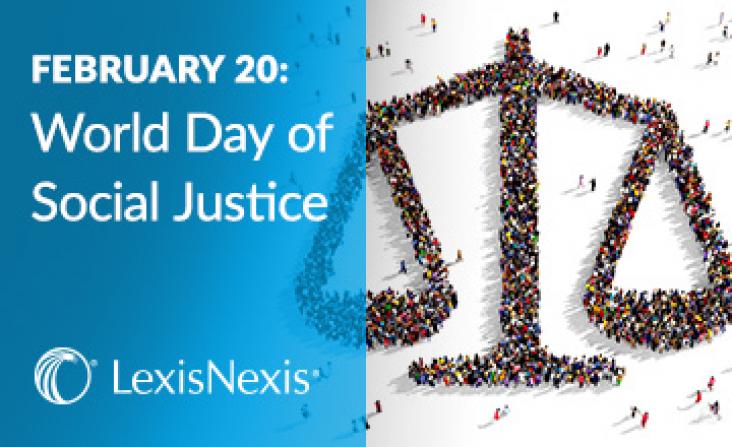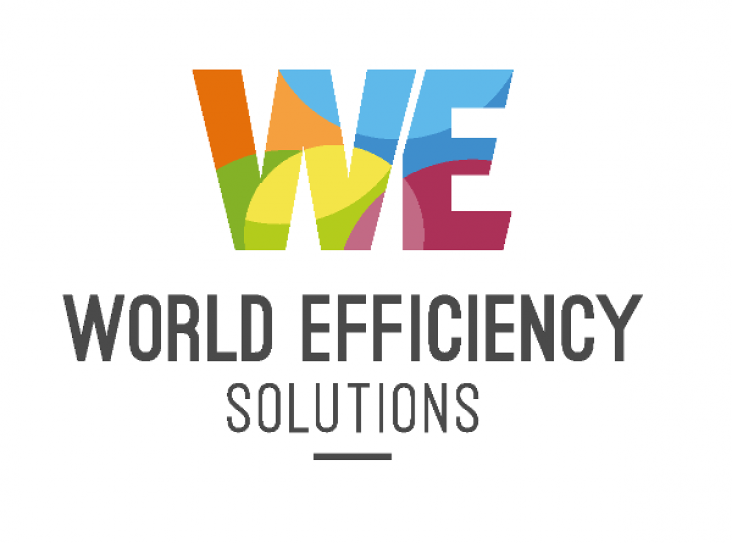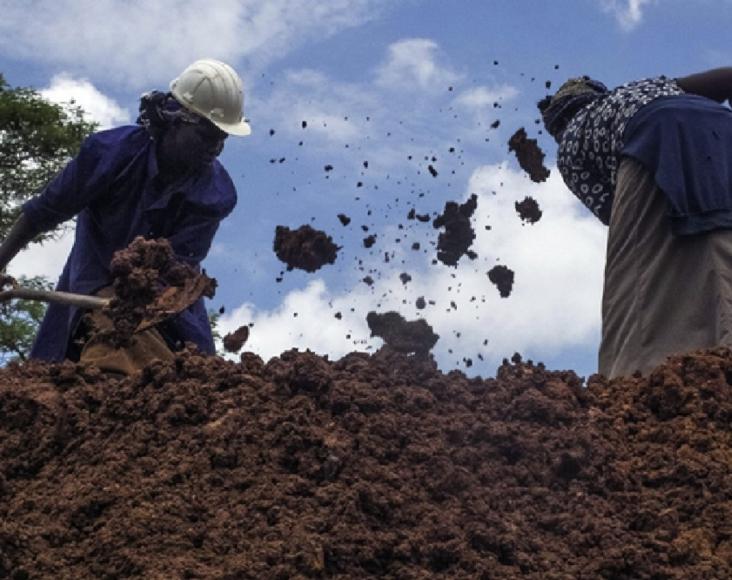
Embracing gender equality, decent work and reduced inequalities are important to SDGs 5, 8 and 10. This article discusses how US workplace are becoming increasingly diverse, and organizations use this to create a competitive advantage.
In de Souza E Souza v Primark Stores Ltd, the employment tribunal awarded £47,433 to a transgender employee who suffered harassment and recommended that the employer adopt a written policy on how to deal with new and existing staff who are transgender or who wish to undergo gender reassignment. This advances goal 8 (decent work and economic growth), goal 10 (reduced inequalities) and goal 16 (peace, justice and strong institutions).

Supporting goal 10 (reduced inequalities), goal 8 (decent work and economic growth) and goal 16 (peace, justice and strong institutions) this blog discusses the fight for social justice and the links with inclusion and decent work for migrants in a global economy.

World Future Energy Summit is the world’s leading business event for future energy and sustainability, showcasing pioneering technologies and ground-breaking thinking in energy, energy efficiency, water, solar, waste, smart cities, climate and the environment. As a global hub for business, innovation and knowledge exchange, World Future Energy Summit inspires the advancement and transfer of ideas, technology and investment across borders and between the public and private sectors worldwide, helping stimulate sustainable growth for all.
Partner content
United Nations Global CompactFurthering goals 8 and 16, this brief guide, developed as part of the Decent Work in Global Supply Chains Action Platform, offers a quick overview of the steps businesses can take to help eliminate modern slavery, while highlighting key resources, initiatives and engagement opportunities to support business action.
Furthering SDGs 8 and 17, this report explores partnerships and progress towards the 2030 Agenda for Sustainable Development by the business community in Latin America and the Caribbean. It includes key findings from a report by the Economic Commission for Latin America and the Caribbean, as well as data from participants of the UN Global Compact.

World Efficiency Solutions (WES) is the premier international meeting for the low-carbon and resource-efficient economy focussed on creating the low-carbon and resource-efficient market place. WES was first held in 2015 in Paris during COP21 negotiations, focusing on climate change solutions. World Efficiency develops a new environment consensus: economic and human activities must, to be sustainable, be redesigned to limit their impact on the environment while awareness of the planetary limits (climate change and resources scarcity) becomes widespread. A key objective for WES 2017 is to Identify new market opportunities aligned to the 2030 Sustainable Development Goals (estimated market opportunities are larger than USD 12 trillion) and the Paris Agreement on Climate Change from 2015.
Background Mental illness is one of the most rapidly increasing causes of long-term sickness absence, despite improved rates of detection and development of more effective interventions.

